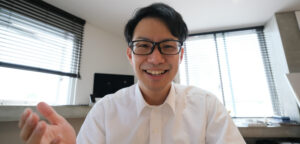
A First-Day-of-Class Activity: Dessert Potluck Padlet
I teach first-year writing at a small liberal arts college, and on the first day of class, I like to talk about dessert with my students. No, really! Sure, we (eventually) get into the nitty-gritty of the syllabus, but first we talk about dessert.












